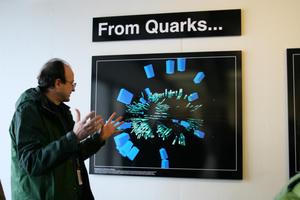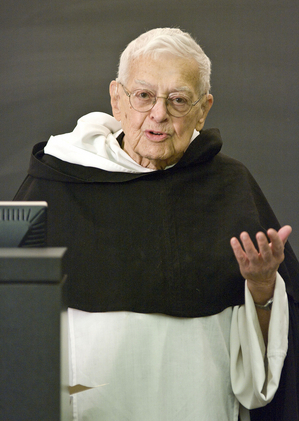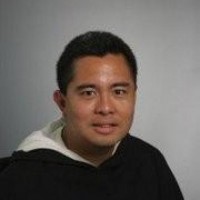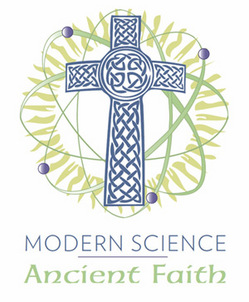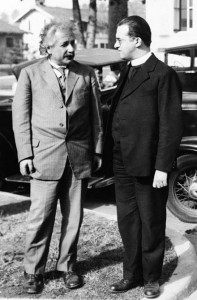 Today is the birthday of Father Georges Lemaître, born in 1894 in Charleroi, Belgium.
Today is the birthday of Father Georges Lemaître, born in 1894 in Charleroi, Belgium.
Father Lemaître studied civil engineering at the Catholic University of Louvain before serving in the Belgian army during World War I. After the war he trained to become a priest and a cosmologist. He succeeded in both endeavors. He is a great witness to work of faith and reason and faith and science.
In 1923, he was ordained a Catholic priest for the Archdiocese of Malines. He was a secular a priest and not a Jesuit as some assume. Father received his PhD in physics from the Massachusetts Institute of Technology. In 1960 Saint John XXIII bestowed the title of Monsignor on Lemaître. Also in 1960, Lemaître became the presidentof the Pontifical Academy of the Sciences.
A biographer writes: In 1927 he published his most famous paper, “A Homogeneous Universe of Constant Mass and Growing Radius Accounting for the Radial Velocity of Extragalactic Nebulae,” in which he applied Albert Einstein’s theory of general relativity to the entire universe. According to Lemaître’s analysis, the universe was in a state of constant expansion, having begun at a specific point in time. Two years later, Edwin Hubble published his observations of distant galaxies that supported the idea. Although Lemaître remained a devout Catholic, he opposed efforts to link the creation and expansion of the universe to divine action.”
“He successfully persuaded Pope Pius XII to refrain from making proclamations about cosmology. Lemaître died on 20 June 1966, two years after the discovery of cosmic microwave background radiation provided experimental evidence in favor of his bold idea.”
Monsignor died at the age of 71 on June 20, 1966 in Leuven, Belgium.
